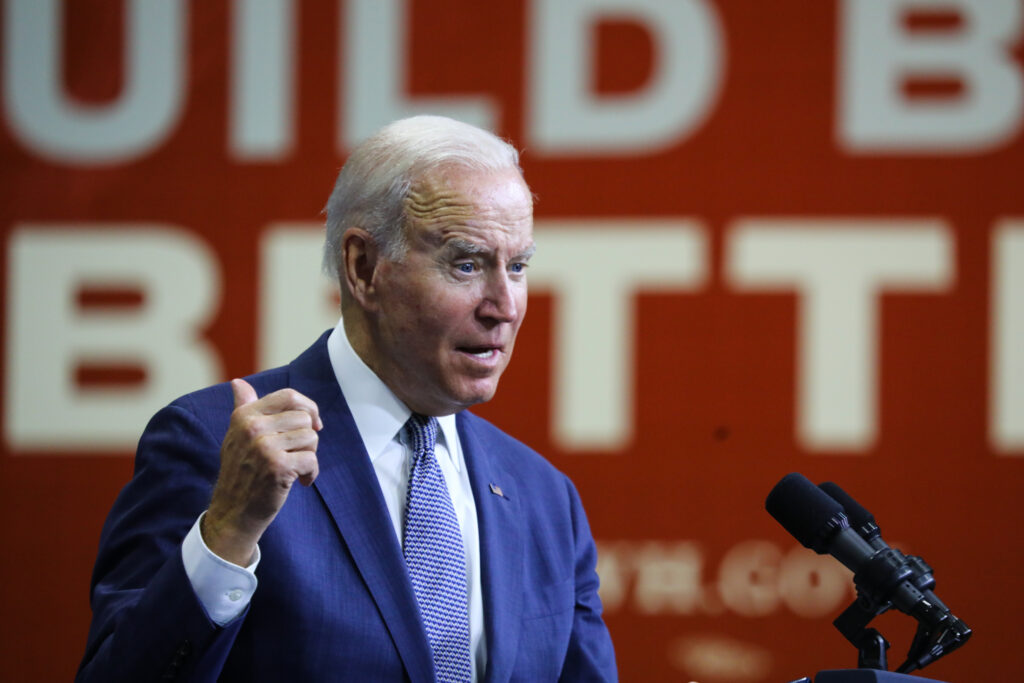Dear Editor:
Your January 23, 2006 editorial about the unrelenting opposition of the teacher unions to school choice programs was off the mark with the suggestion that such behavior was somehow futuristic. In fact, the union slapdown of any and all school choice programs has more in common with nineteenth century opposition to the abolition of slavery than to a Star Trek Borg.
Just as the 1850 Fugitive Slave Law required the return of runaway slaves to the plantation masters who owned them, the 2006 ruling of the Florida Supreme Court in Bush v. Holmes requires that fugitive pupils who have used vouchers to escape to private schools must now be returned to their public school masters. To reach such an inhuman conclusion, the Florida justices had to torture words and phrases in the Sunshine State’s constitution until they finally confessed that public schools must have no competition.
Let us be clear: The teacher unions are not fighting school choice because they’re concerned about church-state issues or some other high-minded ideal. They know there is no violation of federal or state constitutions if parents, and not government officials, make a decision to spend voucher funds at a religious school. Rather, teacher unions are fighting school choice to maintain the existing public school system as the exclusive recipient of public funds for education. They just don’t want to share. They don’t want competition. They don’t want school vouchers or any other choice schemes “siphoning money” out of their coffers, as they put it.
Robert Chanin, the National Education Association’s chief counsel, was remarkably candid about the union’s legal strategy at a December 2000 Manhattan Institute Conference: “Our objective is not to establish lofty principles of constitutional law or to advance the state of constitutional jurisprudence,” he said, but simply to prevent the implementation of voucher programs. The union’s argument regarding Florida’s voucher program was that the public school system was “the exclusive way in which public money can be used to educate children.”
With the fugitive pupil ruling in Bush v. Holmes, the teacher unions have achieved their goal of protecting the public school’s monopoly on the use of public funds for K-12 education in Florida. Pupils in other states are likely to find themselves locked out of competitive educational alternatives if citizens continue to allow activist judges to deconstruct the meaning of their state education clauses.
George A. Clowes ([email protected]) is senior fellow for education policy at The Heartland Institute.




